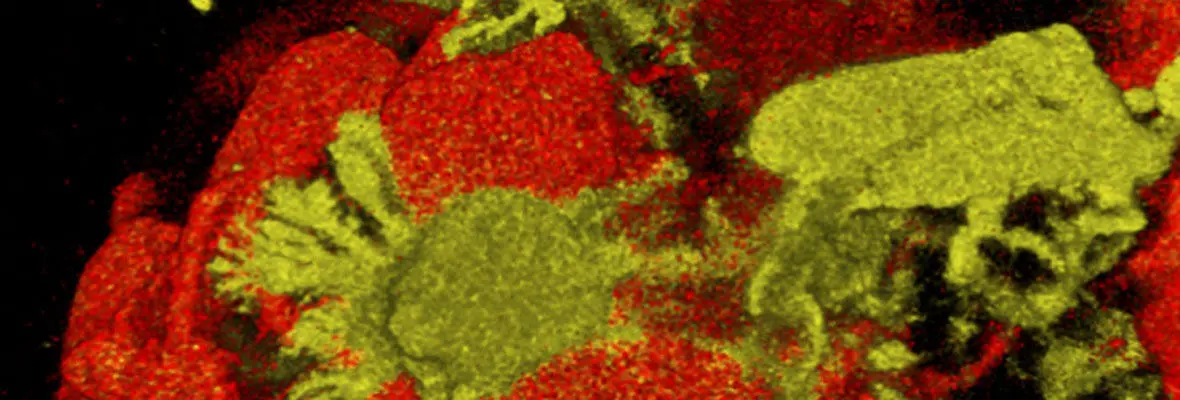Access To Transplantation
Expanding access to solid organ transplantation has been a major focus of research efforts in the Reese research group for the past decade, with projects in the areas of policy, ethics, incentives, and clinical trials. With Dr. Goldberg and colleagues, Dr. Reese has argued for the expanded use of kidneys from donors with hepatitis C virus infection among recipients with and without pre-existing hepatitis C infection. Because of the opiate epidemic, a large and growing number of deceased donors have HCV, but their organs have often been discarded because of a lack of effective treatment options and concern about organ quality. Dr. Reese recognized that new direct acting antiviral (DAAs) medications had transformed the nature and consequences of HCV infection and opened up an opportunity to offer these organs to well-informed patients without HCV. This work included an analysis of the ethics and the opportunity in the New England Journal of Medicine, followed by the THINKER (kidney transplant), USHER (heart), and soon-to-start SHELTER (lung) demonstration trials. Preliminary results from these trials have been published in the New England Journal of Medicine and at the American Transplant Congress.
Dr. Reese has also provided important evidence of the benefits of accepting kidneys from deceased donors at increased risk of hepatitis C and HIV (American Journal of Transplantation) and from donors with acute kidney injury (Journal of the American Society of Nephrology). In addition, he has addressed changing the incentives to accept higher risk organs in the Journal of the American Society of Nephrology, with proposals to: a) change allocation to direct higher risk kidneys to centers with demonstrated history of accepting those organs, and b) rewarding centers that transplant higher risk organs, either with financial incentives or non-financial recognition.
- 12-Month Outcomes After Transplant of Hepatitis C–Infected Kidneys Into Uninfected Recipients: A Single-Group Trial
- Risks, benefits, and ethical questions associated with transplanting kidneys from hepatitis C virus‐infected donors into hepatitis C virus‐negative patients
- Transplanting Hepatitis C Kidneys into Negative Kidney Recipients (THINKER)
- Transplantation of kidneys from donors at increased risk for blood borne viral infection: recipient outcomes and patterns of organ use
- New Solutions to Reduce Discard of Kidneys Donated for Transplantation
- Associations between Deceased-Donor Urine Injury Biomarkers and Kidney Transplant Outcomes
- Geographic Determinants of Access to Pediatric Deceased Donor Kidney Transplantation



